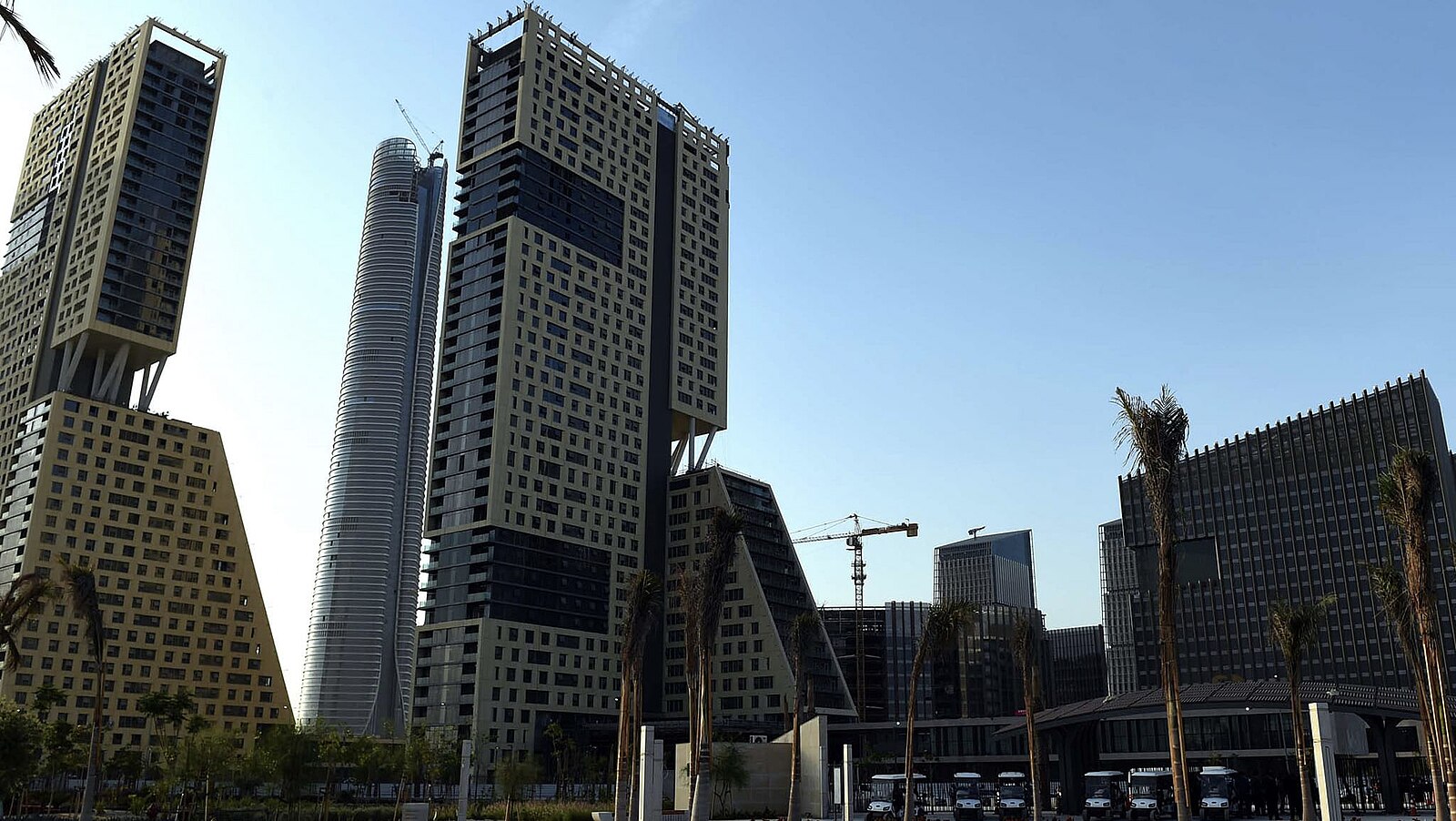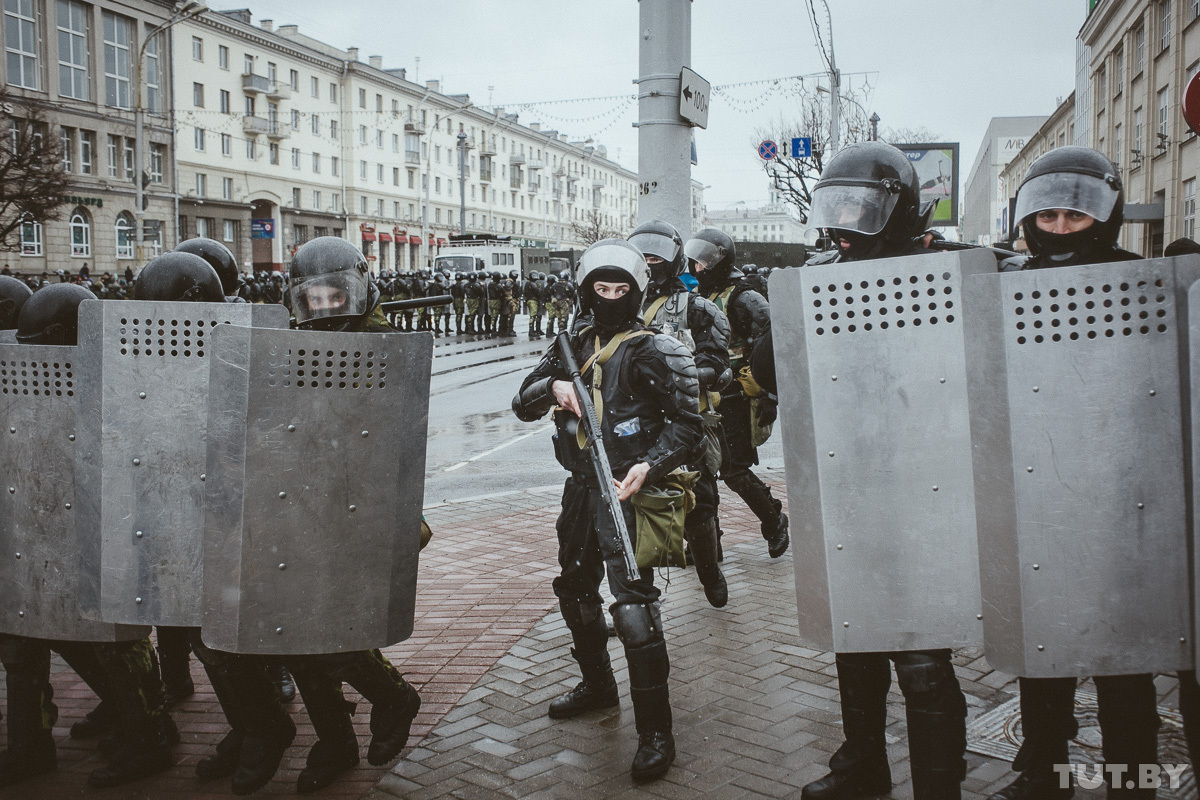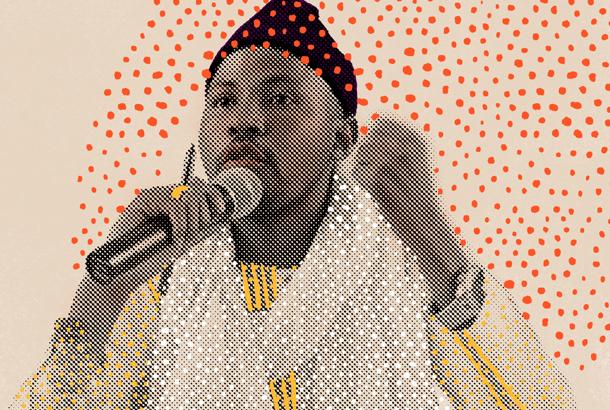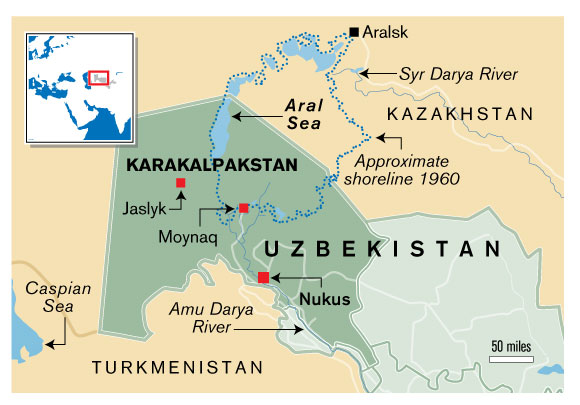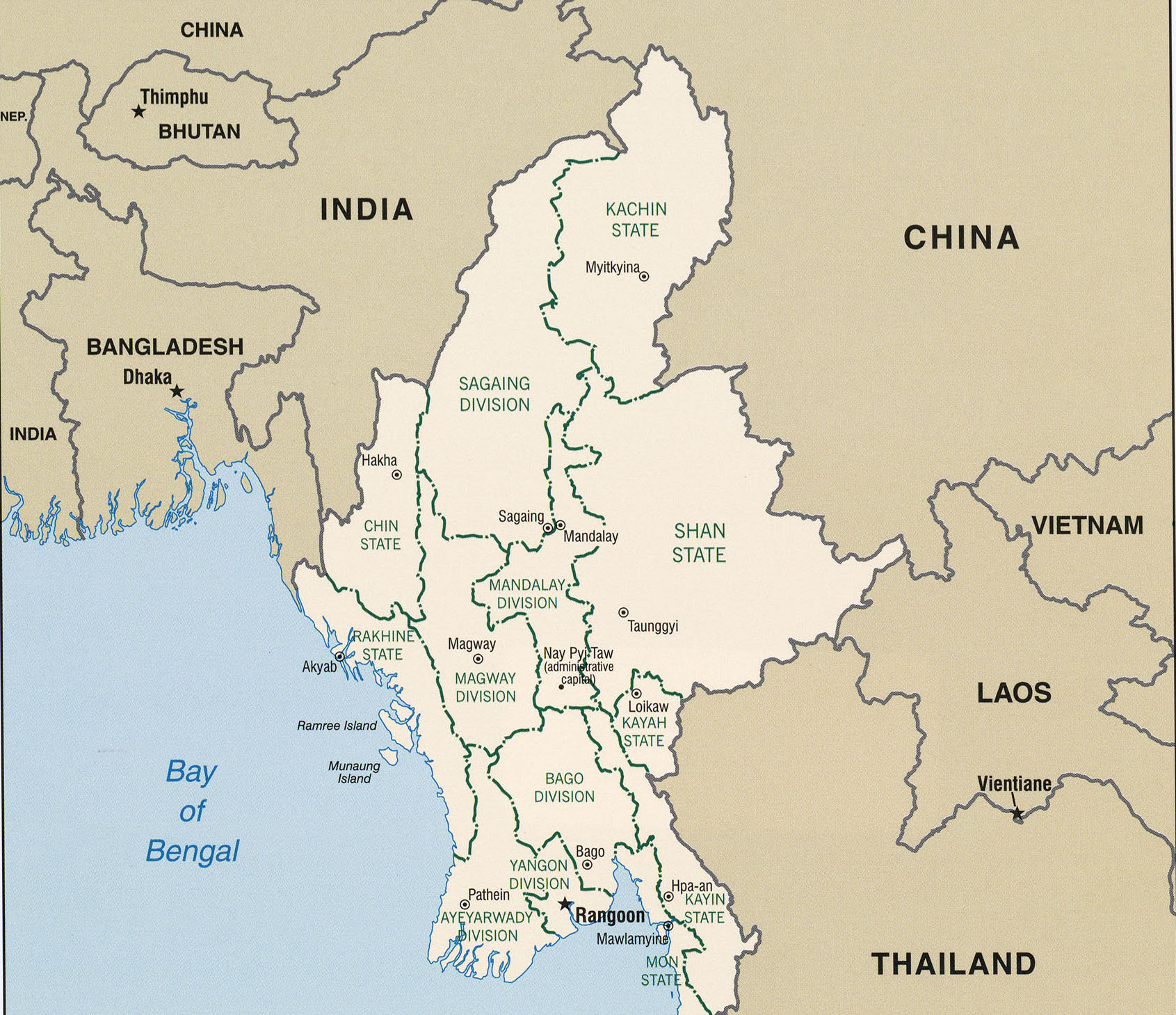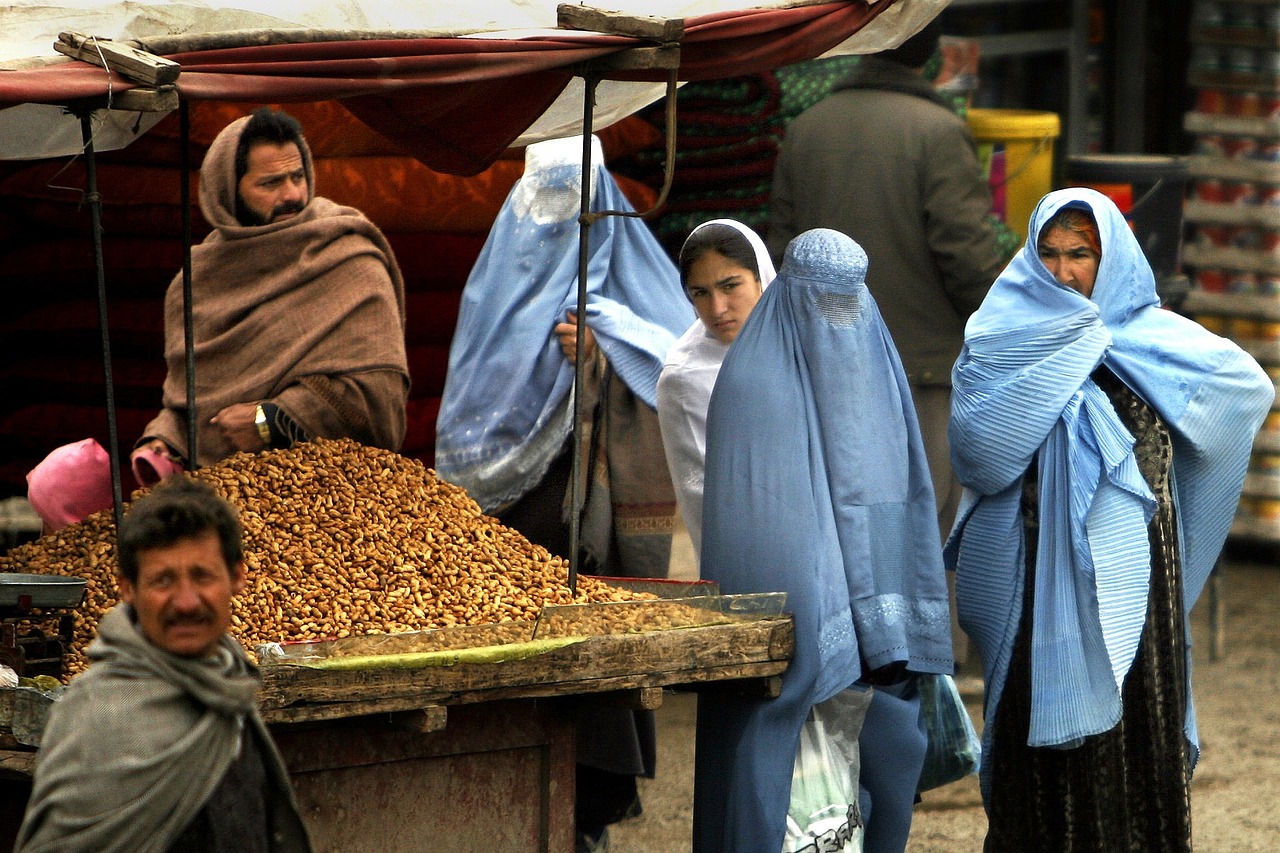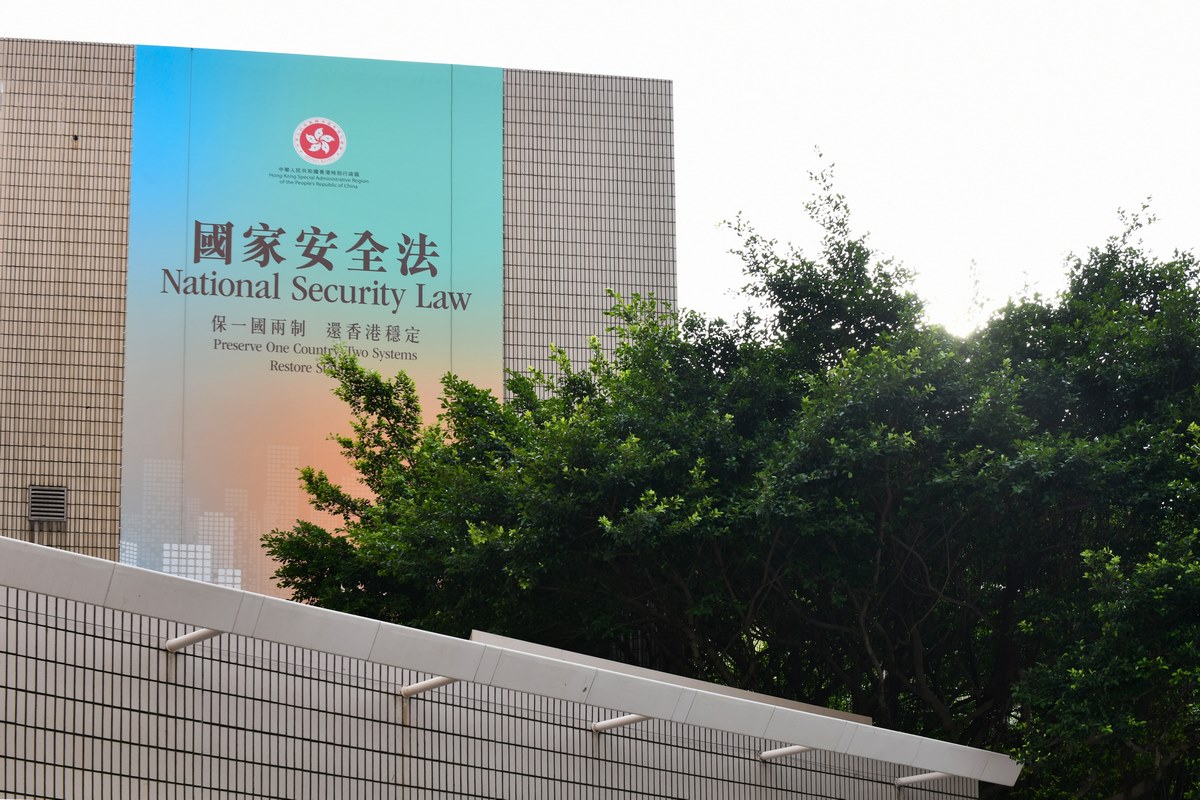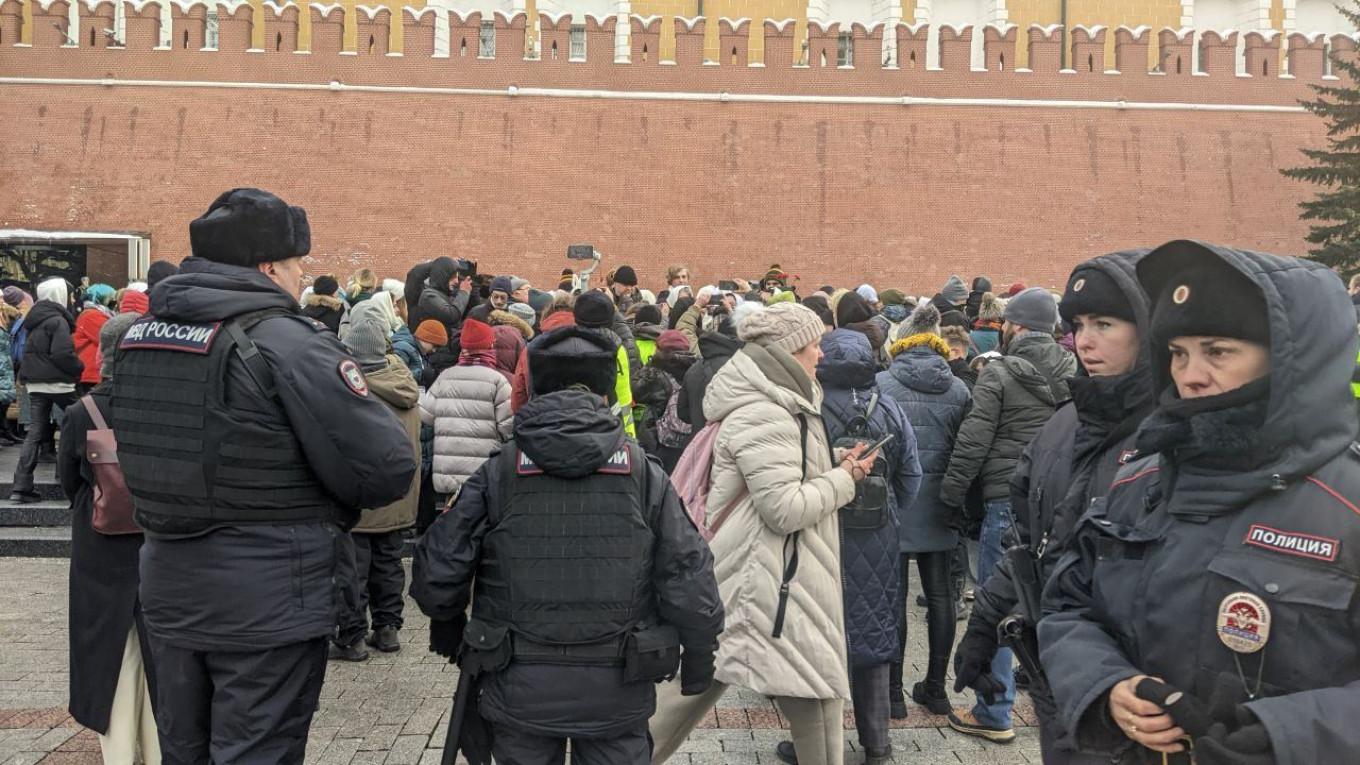
Belarus: dissident rock band gets correctional labor
A district court in Minsk sentenced a dissident Belarusian rock band to two and a half years of correctional labor after members were convicted of participation in group actions that violated “public order.” The three members of the band, Nizkiz, have been behind bars since their arrest in January for their participation in anti-government protests in 2020. On top of their sentence of correctional labor, the three were also added to the Belarusian Ministry of Internal Affairs’ list of extremists. The 2020 protests erupted after President Alexander Lukashenko secured his sixth term in office through evident fraud. Nizkiz released a song entitled “Rules,” which became an anthem of the protest movement. The band also filmed a music video at one of the demonstrations. Belarusian rights organizations have declared the band members political prisoners. (Image via Bandcamp)



